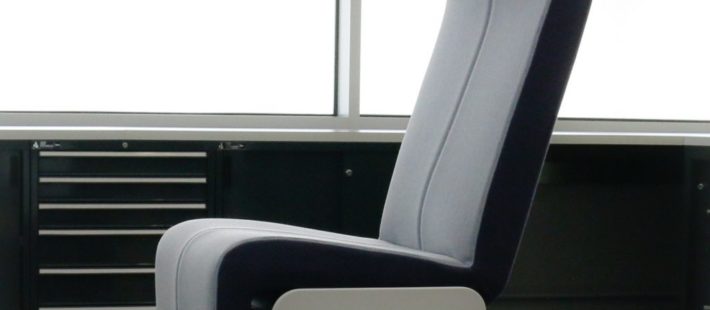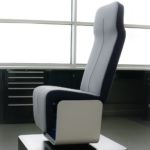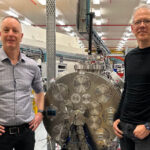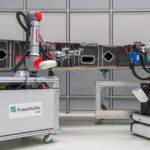Williams Advanced Engineering, JPA Design, British Airways and SWS Certification have formed a consortium, supported by Airbus and funding from the Aerospace Technology Institute (ATI). The consortium aims to design and to develop new lightweight aircraft seat structure capabilities in the UK, for enhancing the passenger experience and reducing the weight of aircraft, leading to airlines saving fuel and cutting carbon emissions.
The number of commercial aircraft is predicted to double in the next 20 years, with an equivalent rise in demand in the market for seats. The consortium partners base their project on the idea that replacing current technology with lighter products will prevent significant amounts of carbon emissions. Furthermore, it will save airlines millions of dollars annually. For example, replacing all business class seats with a lighter product on just 12 long-haul planes, such as the Airbus A350 is said to translate to saving 942,000kg of CO2 and US$ 195,600 in fuel per year, based on a 4kg weight saving per seat.
“Lightweight and safe components are crucial for success in motorsport and our team is excited to have the opportunity to translate these capabilities into saving airlines carbon emissions and costs,” said Craig Wilson, Managing Director of Williams Advanced Engineering. “Working with industry leaders as well as the ATI in this consortium offers significant benefits to aviation.”
Consortium objectives
The aircraft seat structures will be manufacture using innovative, rapid processes, incorporating background intellectual property (IP) from the consortium companies.
The 18-month project will progress the seat design to programme entry level maturity and will seek engagement from existing aircraft interior manufacturers to enter production. For example; IP from Williams includes RACETRAK (a method of integrating unidirectional fibres) and 223, (a method for creating 3D structures from a 2D composite preform) plus a patented modular monocoque design and patented cabin layouts from JPA Design with an adaptable tub for aircraft seating that maximises occupant and luggage space.
The combination of manufacturing process, design approach and IP is expected to reduce the bill of material (BOM) count, delivering lower cost, lightweight, reconfigurable seating structures for aircraft, incorporating recycled materials and using rapid Formula 1-inspired product development.
Strong industrial base
The ATI project is led by Williams Advanced Engineering which, together with core partner JPA Design, brings together a consortium of specialist partners. British Airways and Airbus are involved to help pull the technology to market, specialist aircraft seat designers JPA Design will provide concept designs and an already proven monocoque design, currently flying with Singapore Airlines, while certification expert SWS Certification will guide towards regulatory approvals and finally Williams Advanced Engineering will help build the UK supply chain for composite structures.
Beyond 2030, new aircraft will be expected to deliver substantial improvements in fuel efficiency at a viable cost to support continued growth and meet environmental targets and therefore the value of lightweight structures will only increase over time.
Source: InsideComposites













